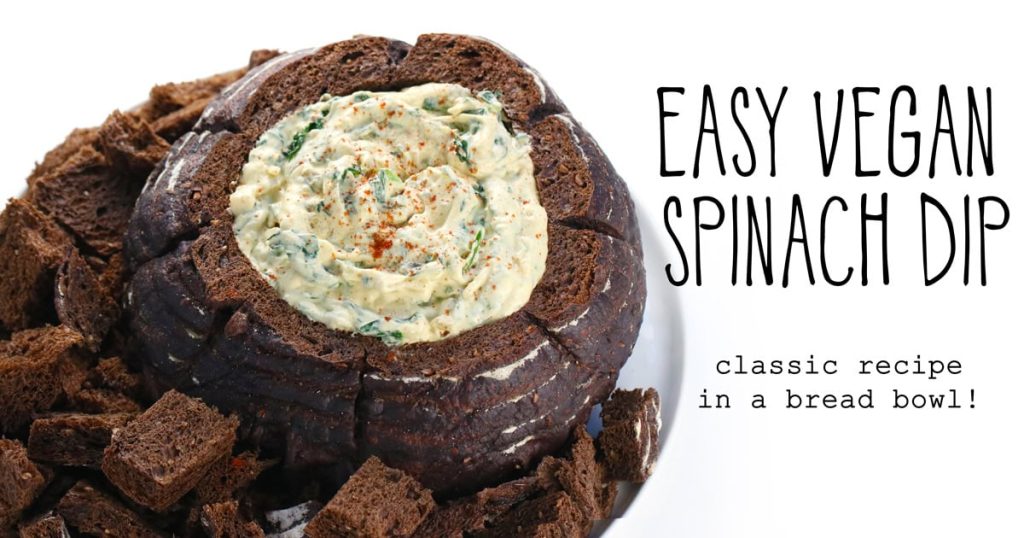Andre Robinson kicked a stray cat, at the Brevoort Houses in Bedford-Stuyvesant, Brooklyn. Someone captured it on video. Robinson was arrested. The cat, now named King, was rescued and adopted. The Brooklyn District Attorney has announced that he plans to prosecute Robinson for animal cruelty. And now, many people are calling for his imprisonment and the online invectives being directed at Robinson are intense to say the very least.
The reaction to what Robinson did is understandable and laudable. It is nothing short of terrible that anyone would harm a defenseless animal. After all, we all believe that it is morally wrong to inflict unnecessary suffering on animals. Although we may disagree about when it is necessary to impose suffering and death on animals, we all agree that whatever pleasure Robinson got from kicking the cat cannot constitute necessity.
Or do we?
We kill and eat more than 58 billion animals a year worldwide, not counting fish. We don’t need to eat animals. No one maintains that it is necessary for optimal human health. The conservative Academy of Nutrition and Dietetics acknowledges that “appropriately planned vegetarian diets, including total vegetarian or vegan diets, are healthful, nutritionally adequate and may provide health benefits in the prevention and treatment of certain diseases.” The American Heart Association and Mayo Clinic agree.
Animal agriculture is an ecological disaster. It takes many more pounds of plant protein and many times more water to produce animal foods than to produce plant foods. Animal agriculture is a major cause of global warming and is responsible for water pollution, deforestation, and soil erosion.
And the animals we consume as food—including those used to make the supposedly more “humane” products sold at upscale supermarkets—are subjected to terrible suffering and horrible deaths. Indeed, the animals we use for food suffer just as much — if not more — than King, whom Robinson so callously kicked.
The only justification that we have for that suffering is palate pleasure. We enjoy the taste of animal foods; we find them convenient. There is no necessity for this suffering and death.
So how are we any different from Andre Robinson?
We aren’t.
There is no morally coherent difference between little cat King and the chicken or pig or cow or fish that most of us will eat today.
The FBI has announced that it will track “animal abuse” as a separate crime, the New York City Police Department has taken over responsibility for “animal abuse” complaints, and the Brooklyn DA is using the case to make a statement to “folks who think that they can just abuse any type of animal.”
This is all laudable but it is nonsensical. We are a society that abuses billions of animals for no good reason whatsoever. We excuse ourselves by pretending that people like Robinson are “abusers” and the rest of us are really “humane” and care about animals.
We do this repeatedly. Remember football player Michael Vick? People hate him to this day for engaging in dog fighting. Vick liked to sit around the pit watching dogs fight. The rest of us like to sit around the summer barbecue pit roasting the corpses of animals who have been treated every bit as badly as Vick’s dogs. Remember Kisha Curtis, who gained international condemnation for throwing her emaciated dog, Patrick, down a trash chute in Newark, New Jersey? Patrick is still used as a symbol by those who claim that we must pursue “animal abuse” more aggressively.
All of these cases have resulted in an overwhelming online response and a good deal of it involves the expression of overtly racist comments, just as stories about the eating of dogs and cats in China or Korea, or the killing of dolphins in Japan, result in comments that “those people” are barbaric—made by people who have no problem exploiting pigs, cows, chicken, and fish.
And every day, Animal Care and Control in New York City kills healthy cats—often 30 or 40 a day.
The Robinson case presents an opportunity for us to examine our fundamental views about animal ethics. Otherwise, this is just about fetishizing dogs and cats, or demonizing those whom we arbitrarily designate as “barbaric.”
**********
If you are not vegan, please go vegan. Veganism is about nonviolence. First and foremost, it’s about nonviolence to other sentient beings. But it’s also about nonviolence to the earth and nonviolence to yourself.
The World is Vegan! If you want it.
Gary L. Francione
Board of Governors Distinguished Professor, Rutgers University
©2014 Gary L. Francione
ADDENDUM:
Here is the interview I did on the Michael Smerconish Show on CNN. It was aired on October 4, 2014.
Here is my New York times essay on the subject.
Here is my New York Daily News on the subject.
ADDENDUM, October 17, 2014
Unfortunately, some animal advocates continue to use unfortunate and racially charged language to criticize Robinson. For example, on a Facebook page devoted to the King matter, someone commented on Robinson’s “pimpish ‘I’m the man’ attitude”.
(click to enlarge)
That is shocking.
When I pointed it out, another animal advocate responded that she disagreed that the comment was racist, stating: “perhaps the person shouldn’t have used the word ‘pimpish’ but you did not see his demeanor nor his mother’s in court.”
(click to enlarge)
“[P]erhaps” the person should not have used “pimpish”?
Sorry, there’s no “perhaps” about it. The use of “pimpish” is unquestionably racist in this context and should be condemned clearly as such.
And how is Robinson’s demeanor–or his mother’s conduct– in court relevant to the propriety of calling him “pimpish”? That is a rhetorical question. It isn’t.
We should all be upset by what Robinson did to King. But we should also remember that what he did was in no way different from the violence that we support every single day if we consume animal products. And however upset we are with anyone, we should never use racially charge language to voice our criticism.
The post Andre Robinson, King the Cat, and Our Confused Thinking About Animal Ethics appeared first on Animal Rights: The Abolitionist Approach.




